Hello Everyone,
I've decided to get started 3D printing some electroculture formers in different sizes for my friends.
I've also decided to try electroculture out for myself.
I've started out printing a small size because I'm in the process of getting my 3D printer tuned back up to optimal performance after not being used for a while, and anyone who 3D prints will tell you smaller prints are the way to go while actively tuning a 3D printer.
So let's see what I'm doing here:
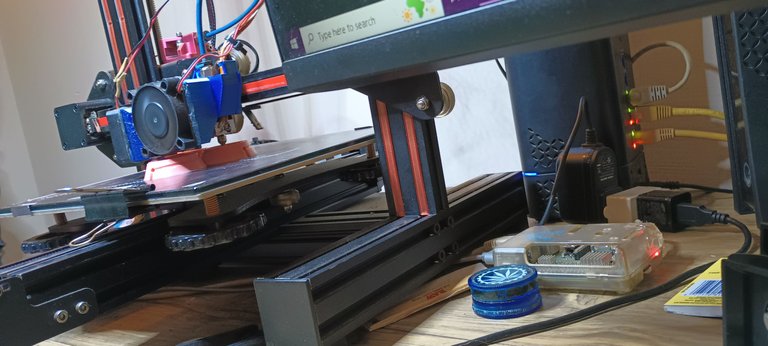
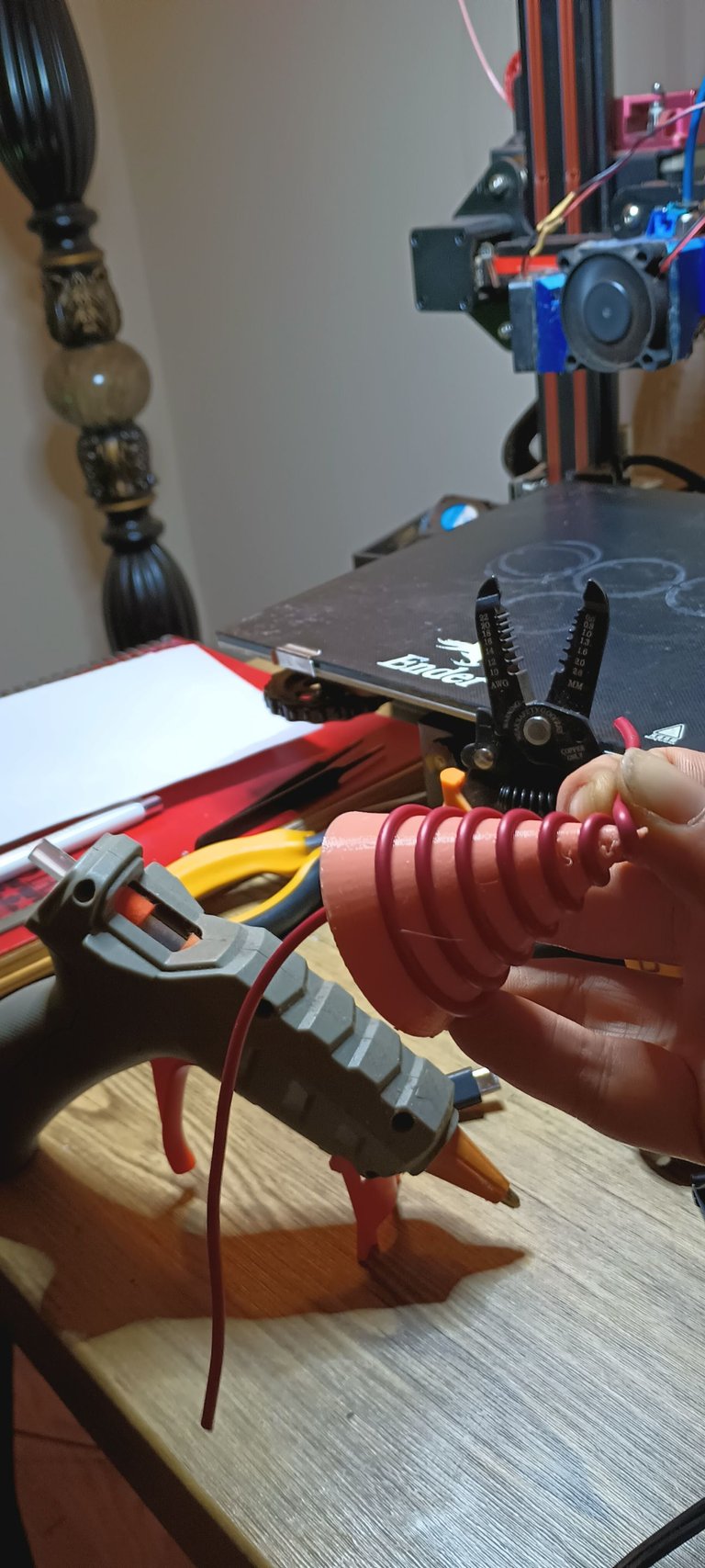
Currently I only have electrical wire to work with for copper. Since it does not have a strong memory due to the non-conductive protective casing, I'll have to keep the formers in use. This is perfectly fine for indoor use because they'll maintain the shape and the polylactic acid should not melt in tents, whereas direct sunlight might melt them.
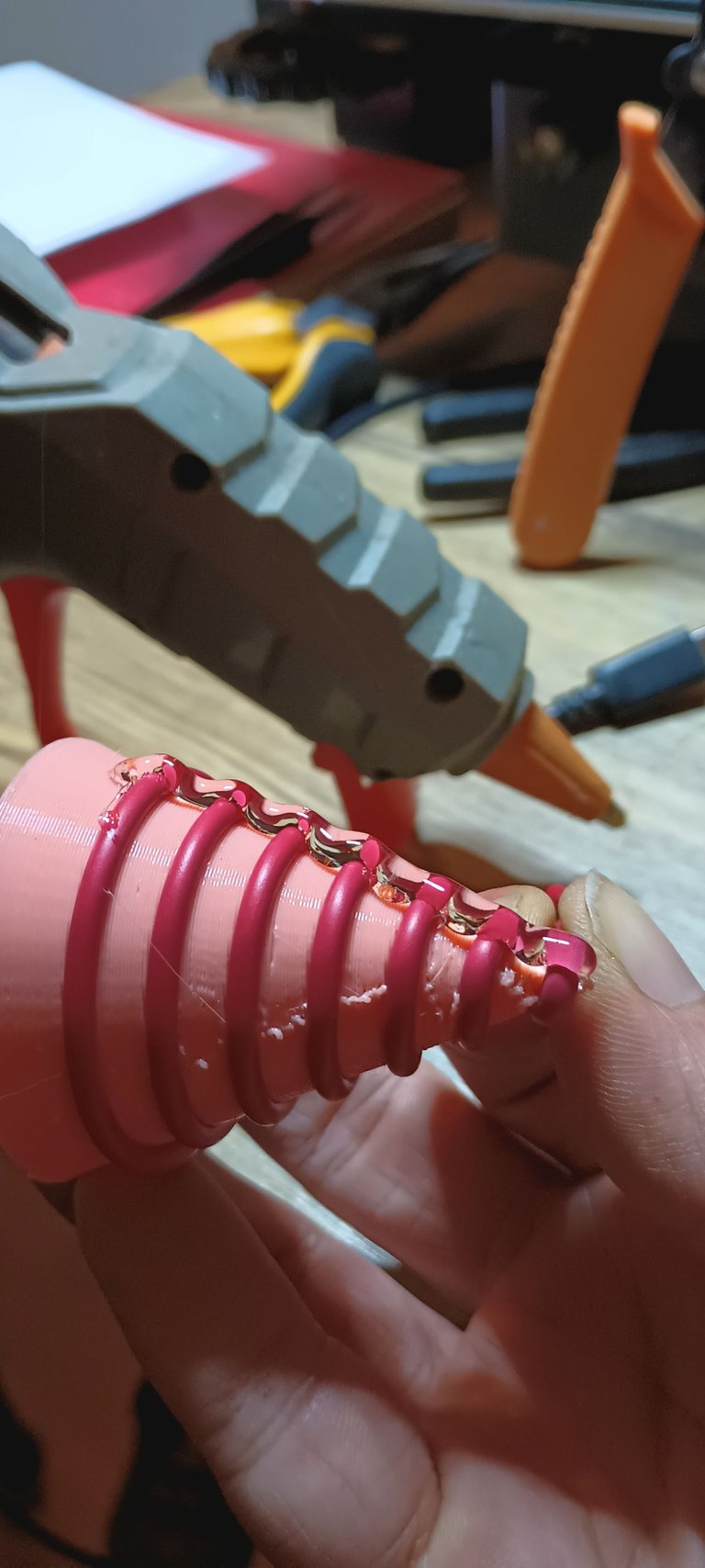
Hot glue works just fine for keeping the wire in place.
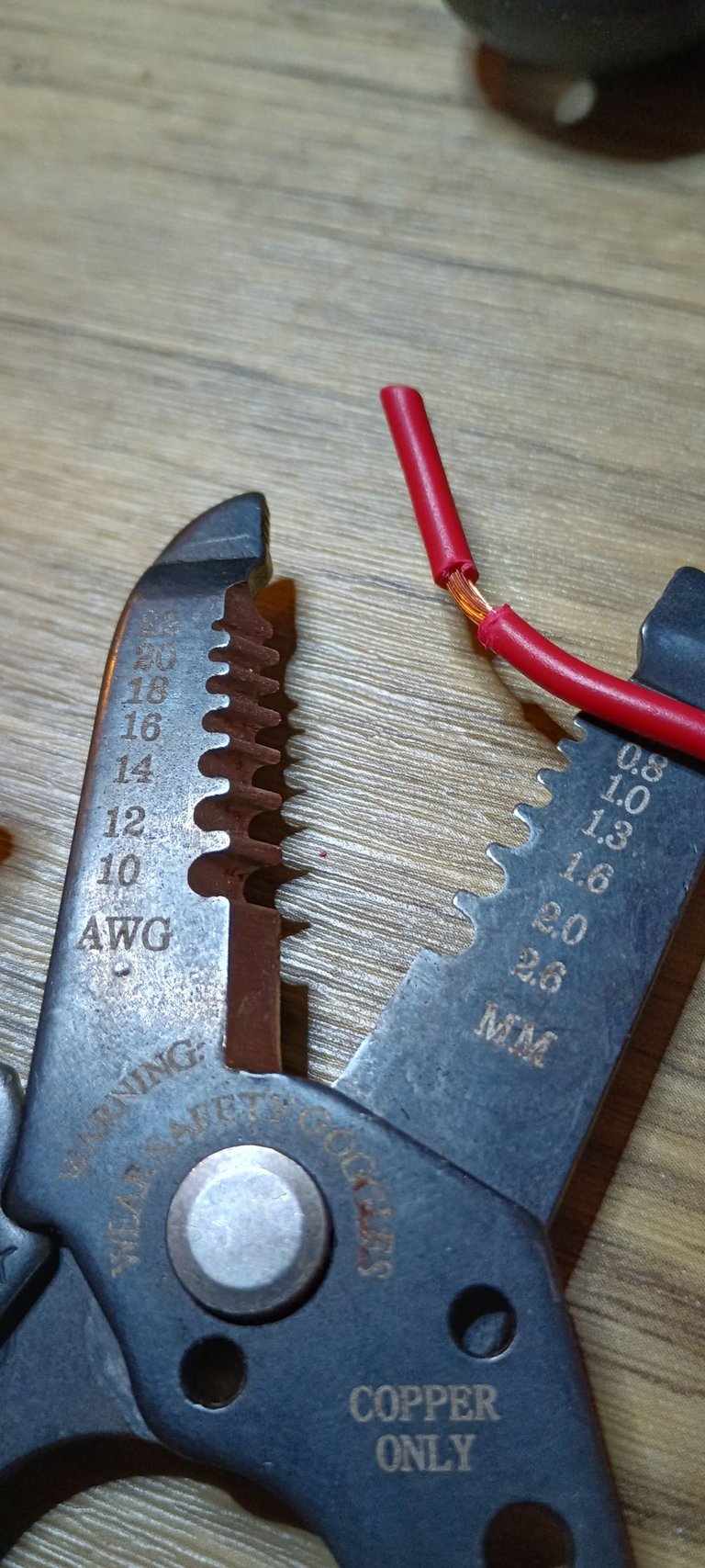
Having a wire stripper is nice, because I cannot tell you how many wires I have stripped in my life using my teeth. Sometimes that's a painful experience and I wouldn't recommend trying it.
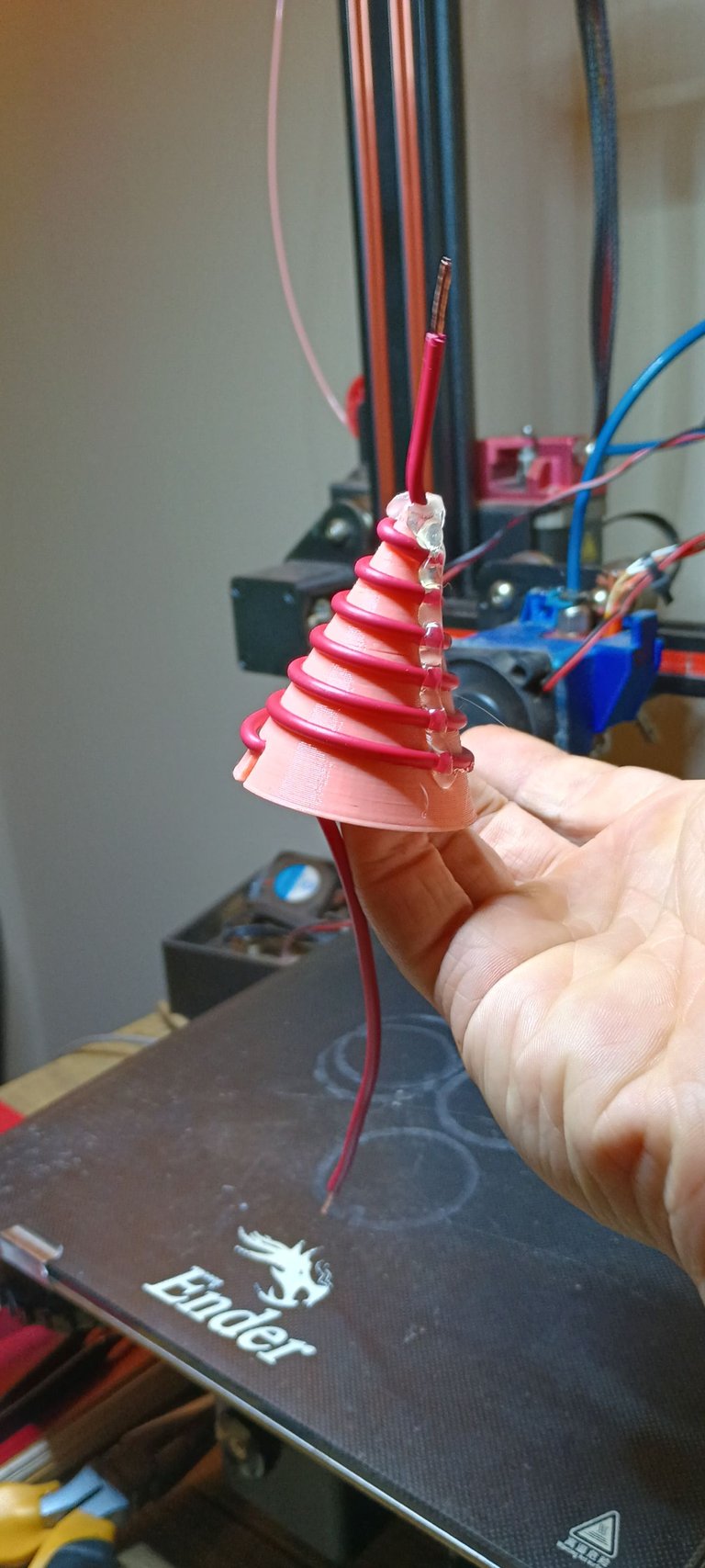
That should do the trick!
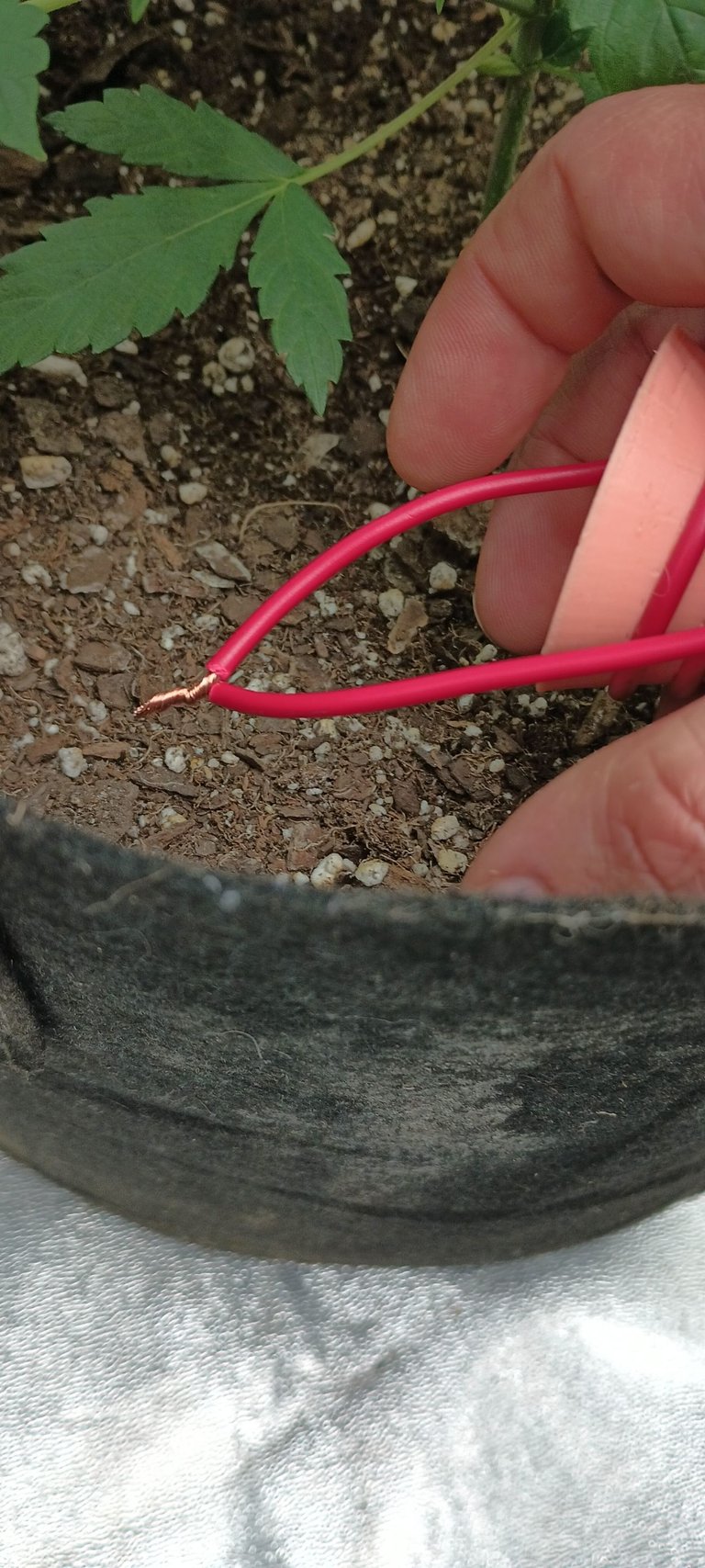
I've decided to daisy chain them.
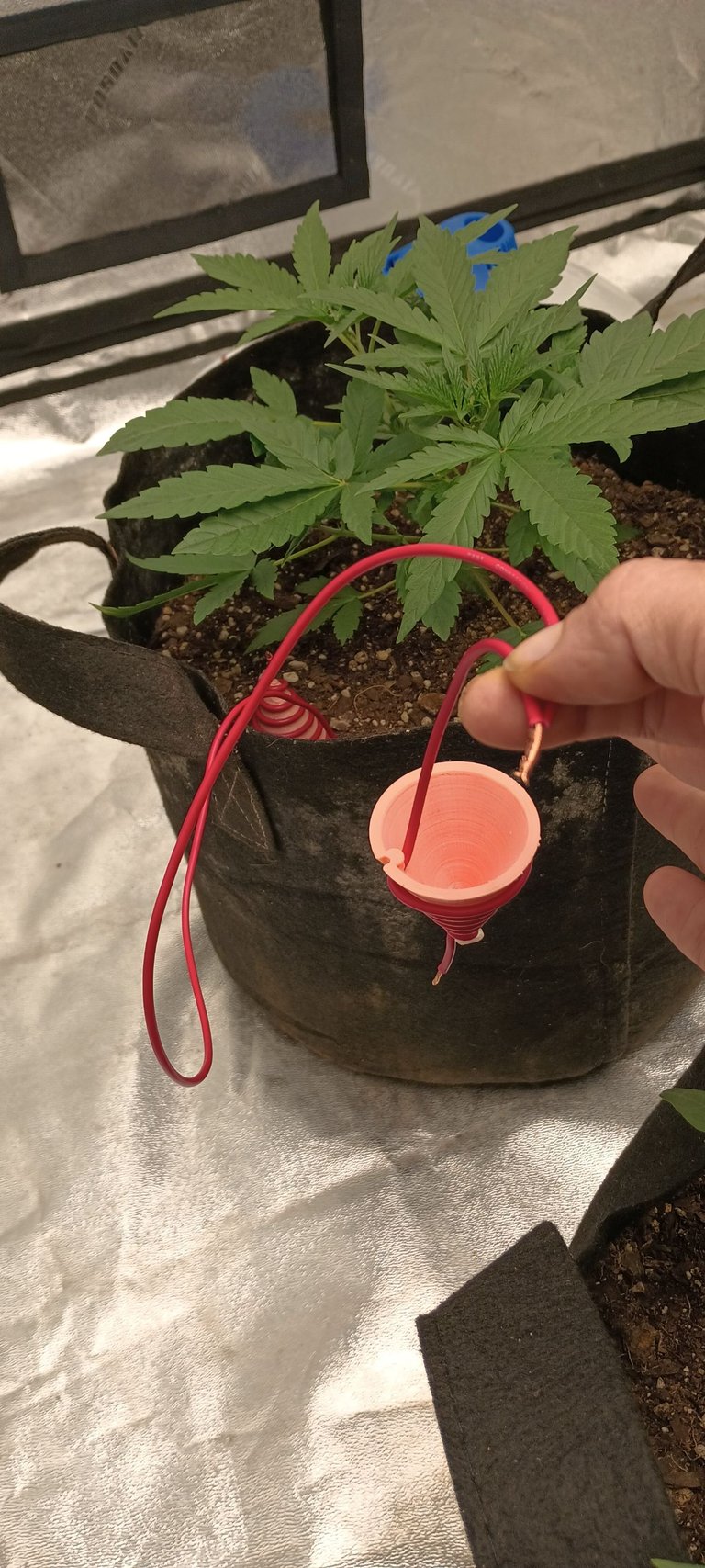
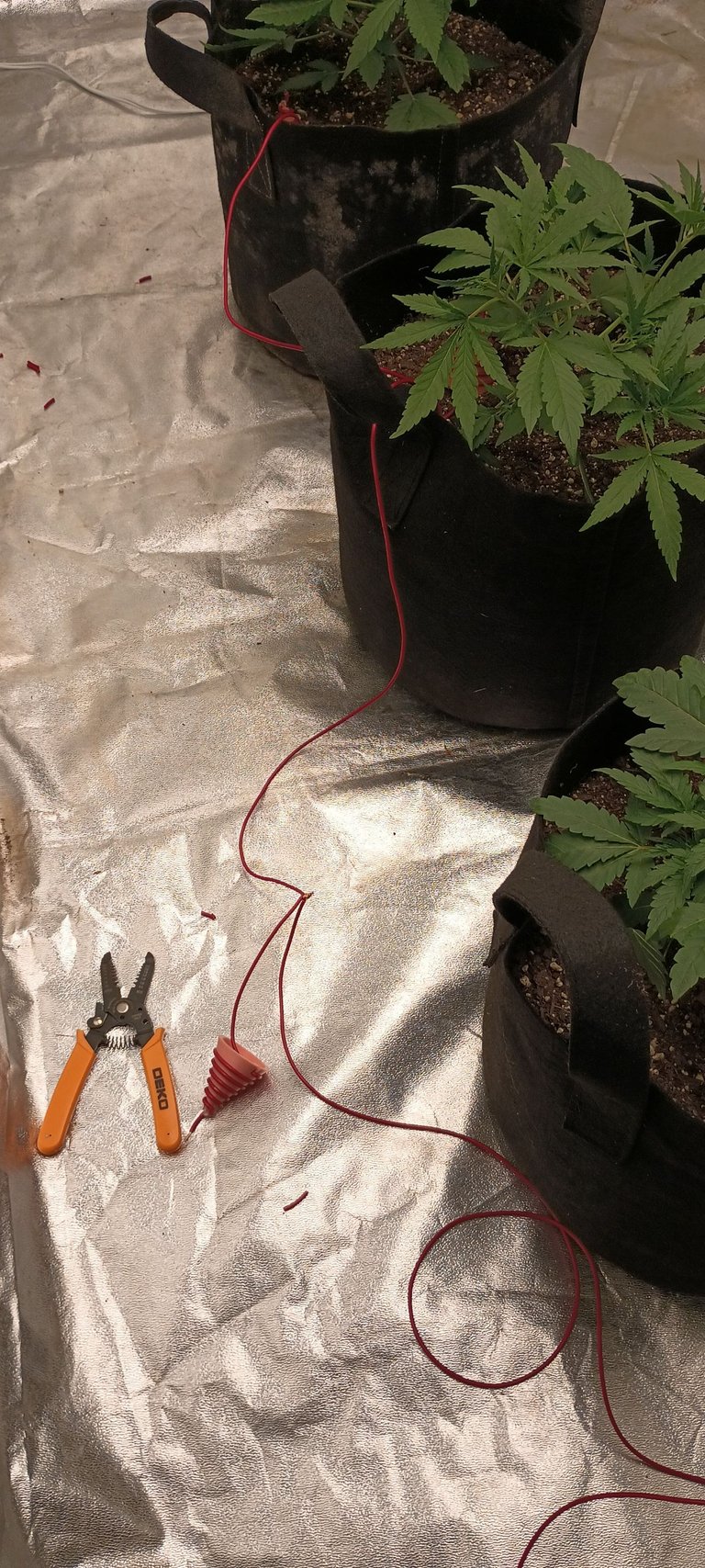
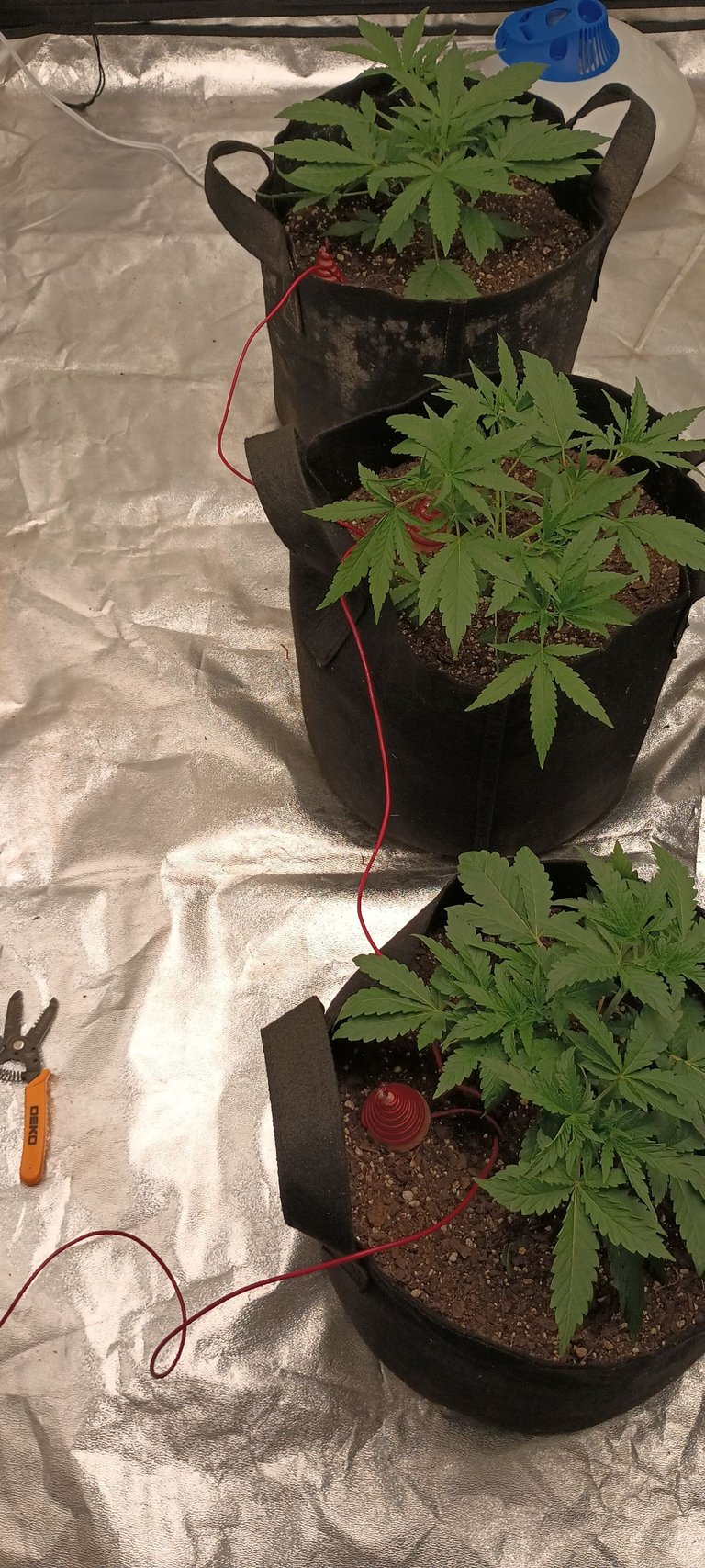
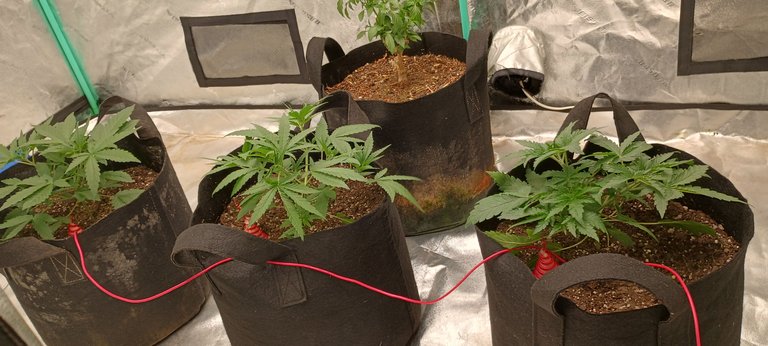
We can see here that all of the electroculture cones are daisy chained and I embedded the copper tips down into the medium to where the roots of the plants start.
We can also see I've continued the chain with a loose wire. This wire will end up outside of the tent connecting multiple other cones. There will even be cones outdoors connected to the tent inside.
I'm also planning to add clockwise cones to the pots. These cones are counterclockwise in their coil direction.
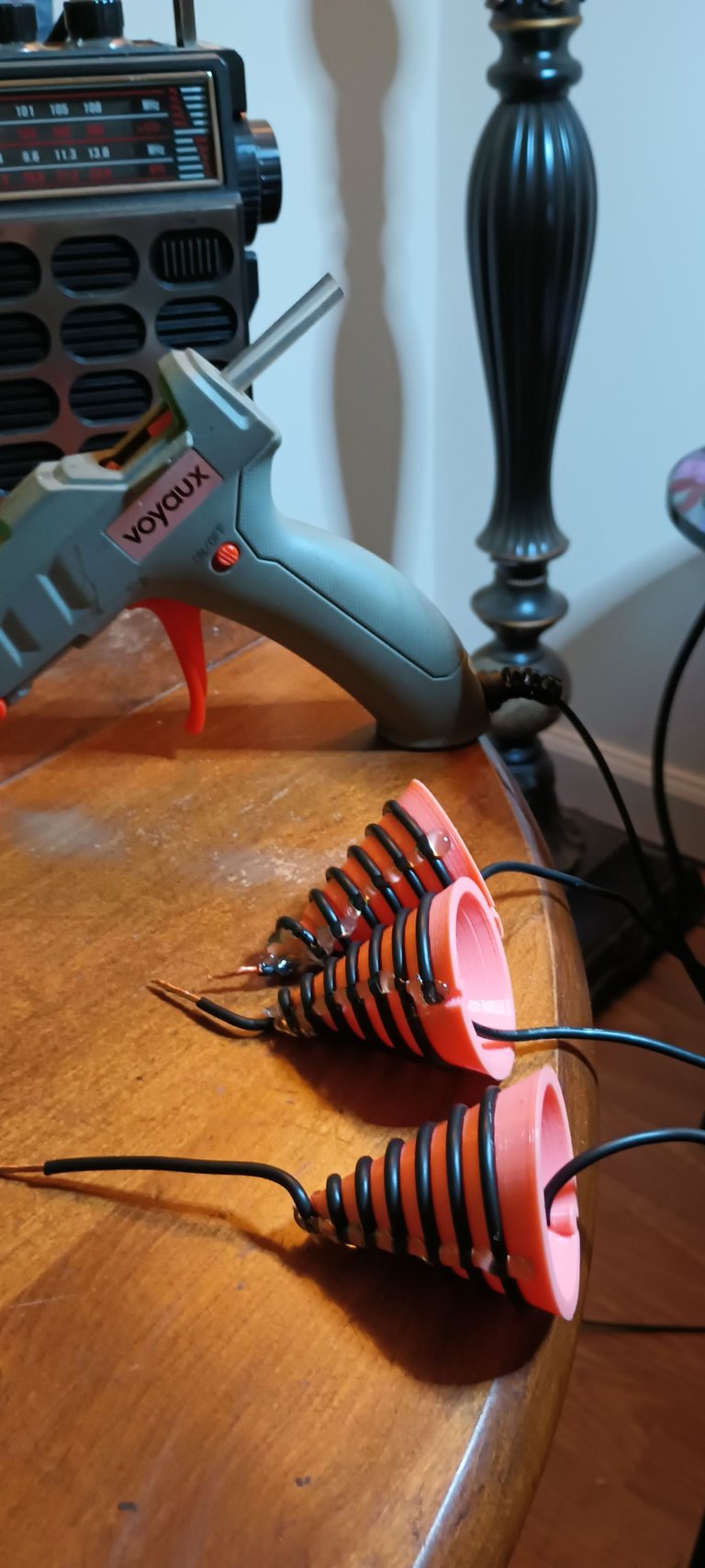
I have the clockwise cones mostly prepared for installation tomorrow. In my busy haste putting them together I didn't place much thought into how long I was making the tips, so I'll need to even those up first.
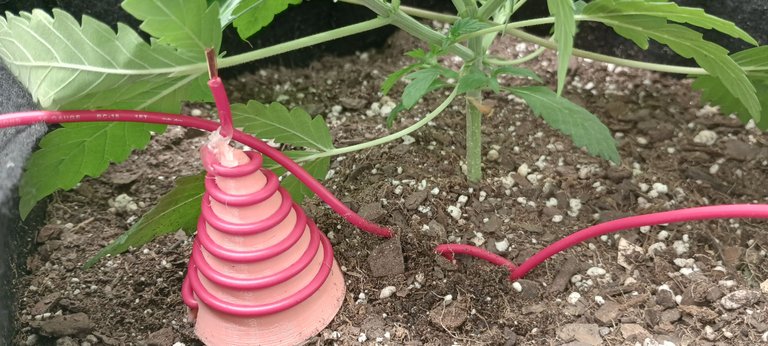
The tips should all be about an inch long with the copper exposed. The copper on the bottom should be going right into the soil. At least that's what I think.
I'm open to suggestions, corrections, and essentially any thoughts really. My knowledge base with this science is currently infantile, and I have hoards of studying to do before I have a good conceptual comprehension of what it is I'm even doing.
Tomorrow there will be more wires in the tent.
Thank you for stopping by!
Have a good day! -@futuremind


Hello futuremind!
It's nice to let you know that your article will take 11th place.
Your post is among 15 Best articles voted 7 days ago by the @hive-lu | King Lucoin Curator by fantagira
You receive 🎖 0.2 unique LUBEST tokens as a reward. You can support Lu world and your curator, then he and you will receive 10x more of the winning token. There is a buyout offer waiting for him on the stock exchange. All you need to do is reblog Daily Report 311 with your winnings.
Buy Lu on the Hive-Engine exchange | World of Lu created by szejq
STOPor to resume write a wordSTARTThanks @hive-lu!
Okay, I have absolutely no idea what electroculture is but I am now intrigued... What kind of filament did you use for the cones? I would assume the wires would get warm so I am thinking some PETG may be best, but I print everything with PETG, lol.
I will have to check it out and see what the science is all about. Maybe I can incorporate something into my hydro towers.
I find this all pretty intriguing as well. The wire is supposed to collect energy from the atmosphere and direct it to the plants, stimulating every part of its growth. There's quite an extensive bit of literature on the internet about it and the general consensus seems to be that it's very effective for boosting growth.
The filament is PLA and the cones are generally intended as just a shaper. If you have some solid thick copper wire it will hold the shape this would work best, but speaker wire it probably won't work unless completely stripping the wire casing, which is a pretty nightmare endeavor with multi strand general purpose wire. They don't get hot enough to melt in the tents but outdoors might be a different story.
I've never tried PETG in the few years I've been 3D printing, only the PLA. Maybe I'll give that a try though. It would be nice to have a material with a higher melting point.
These shapers are on thingiverse. I meant to put this in the post but must have been high and forgot: https://www.thingiverse.com/thing:5960175
Yeah, I have printed with basically nothing but PETG since I started because I went into it knowing I was going to be doing gardening tools and such that would need to withstand being outside in the southeastern heat. I also use it for pew pew parts, lol. You know it's good to have high temp for that kind of thing.
Dude this is so cool!
Thanks bro! Hard to say for certain if it's working but the plants have been growing like crazy since I added these :D
You have given us all a good idea, we can make these things with the help of electricity and then our plants will look more beautiful.
Thank you my friend. I hope this experiment will make a difference, otherwise it's just more clutter.
Most welcome dear.
That's an interesting idea. The only time I relate electrical wire with plastic is, fractured car bumper needed a plastic welding 🤣 heat up the copper wire so it stick the broken bumper together.
Yes the electroculture concept is pretty interesting and cool. I'm not sure how I will be able to gauge how well it's working, but there is a lot of documentation behind it that suggests it's worth implementing into a garden.
That's a pretty brilliant way to get a plastic welding job done! 😂
It’s actually looking like farmers are the best people to benefit from the 3D printers😁
Hahaha you are very intelligent :)
yeahhhh
@tipu curate
Upvoted 👌 (Mana: 38/58) Liquid rewards.
Thanks @woelfchen <3
you're welcome :3